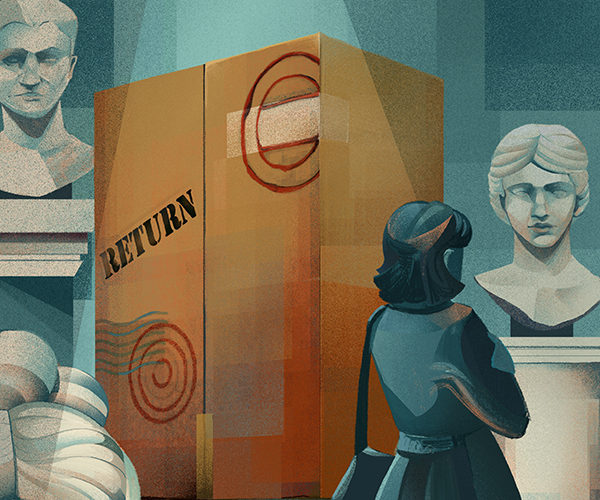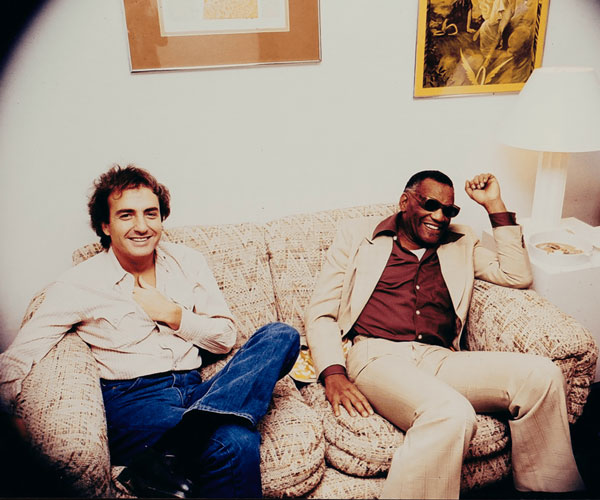Langston Hughes' name is familiar to most people. Yet few realize the African-American poet spent his high school years in Cleveland, where he began writing in the attic room of a home on East 86th Street. The Fairfax Renaissance Development Corp. recently purchased the vacant home with plans to rehab it for use as a private residence, but librarian Christopher Busta-Peck says there is a "strong contingency" that would like to see it turned into a museum. With renovations estimated to be as much as $100,000, the question is whether the investment would pay off.
Yes
Try reading a Langston Hughes poem to a bunch of school kids, and you'll most likely be met with blank stares. That's the experience Christopher Busta-Peck had when trying to introduce the writer to youngsters at the Cleveland Public Library's Langston Hughes Branch where he works. He needed something tangible to help make that connection, but there wasn't one. "Kids just don't get it," he says. "There's no meaning for them until they can really see it. It's hard for me to tell them these people are important if there's no physical proof." He says the restoration costs don't matter if it means saving a historically significant house and offering students a role model. "It's a matter of showing the students or the city that they can succeed, that people who came from here made it against these incredible odds."
No
In her upcoming book, A Skeptics Guide to Writers' Houses, Oberlin College English professor Anne Trubek notes there are about 73 writers' houses open to the public in the United States, and many of them have faced recent financial troubles. "People mistakenly believe that it's a way to bring revenue and tourists to a community, and it just never really happens," Trubek says. She supports the effort to embrace literary history but has other ideas about how to do it. "It'd be awesome to get boxes of Hughes' poetry and distribute them within the city or to school kids... I'd like to see a curriculum developed for how to teach Hughes in Cleveland schools," Trubek says. "I love the position of honoring Hughes' role in Cleveland because he was a great poet, and yes, he did live here, but there are better, alternative ways to do it."



